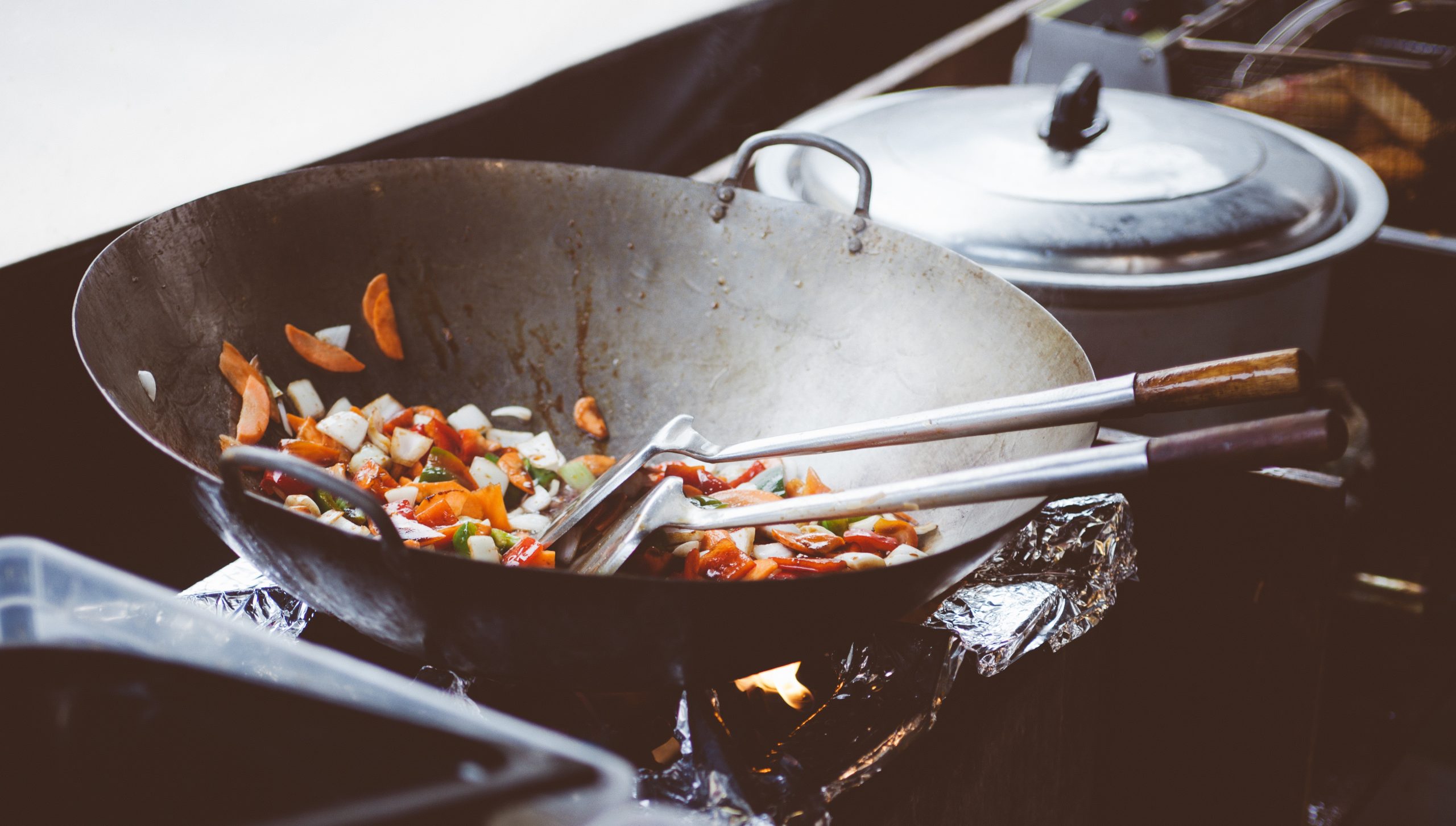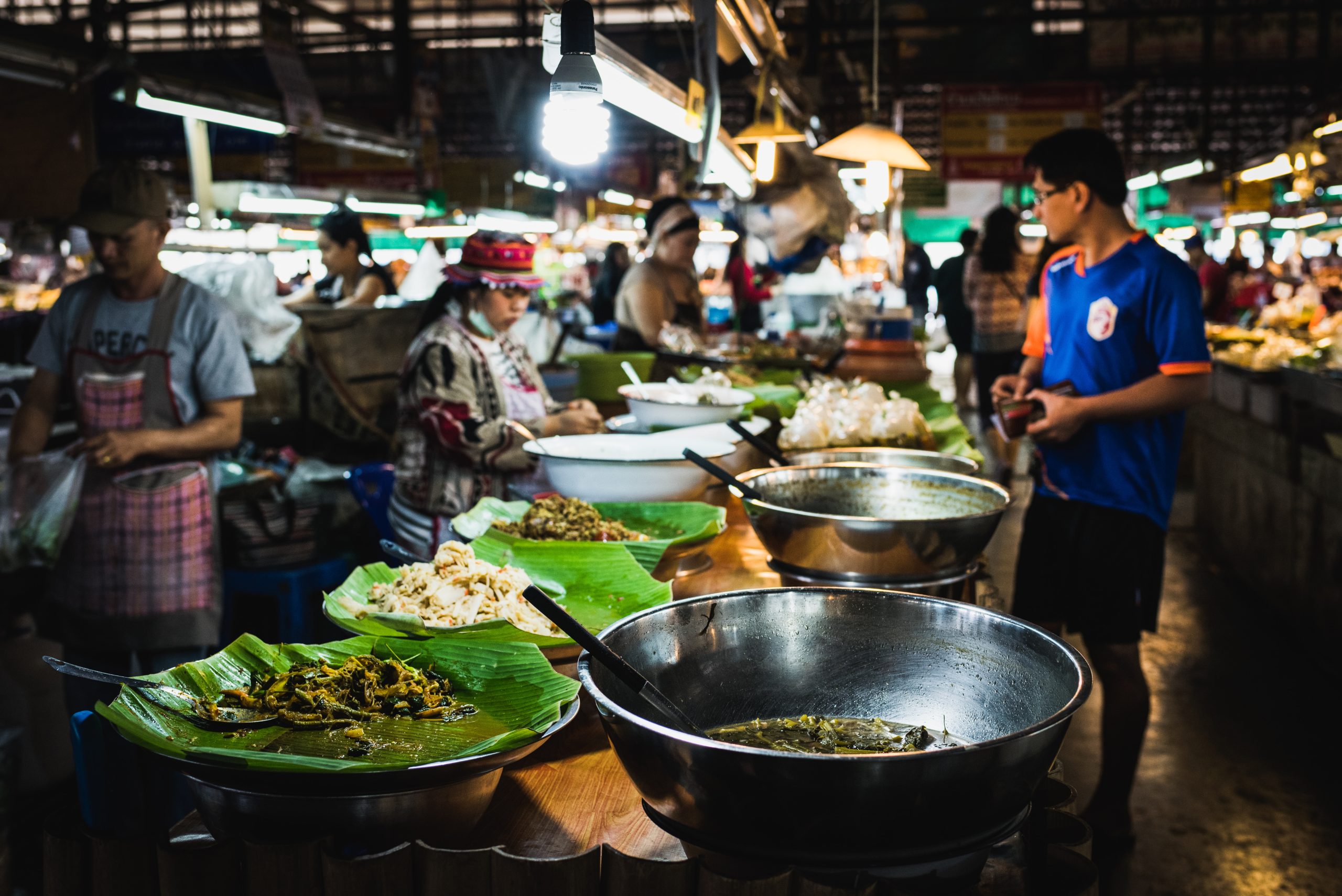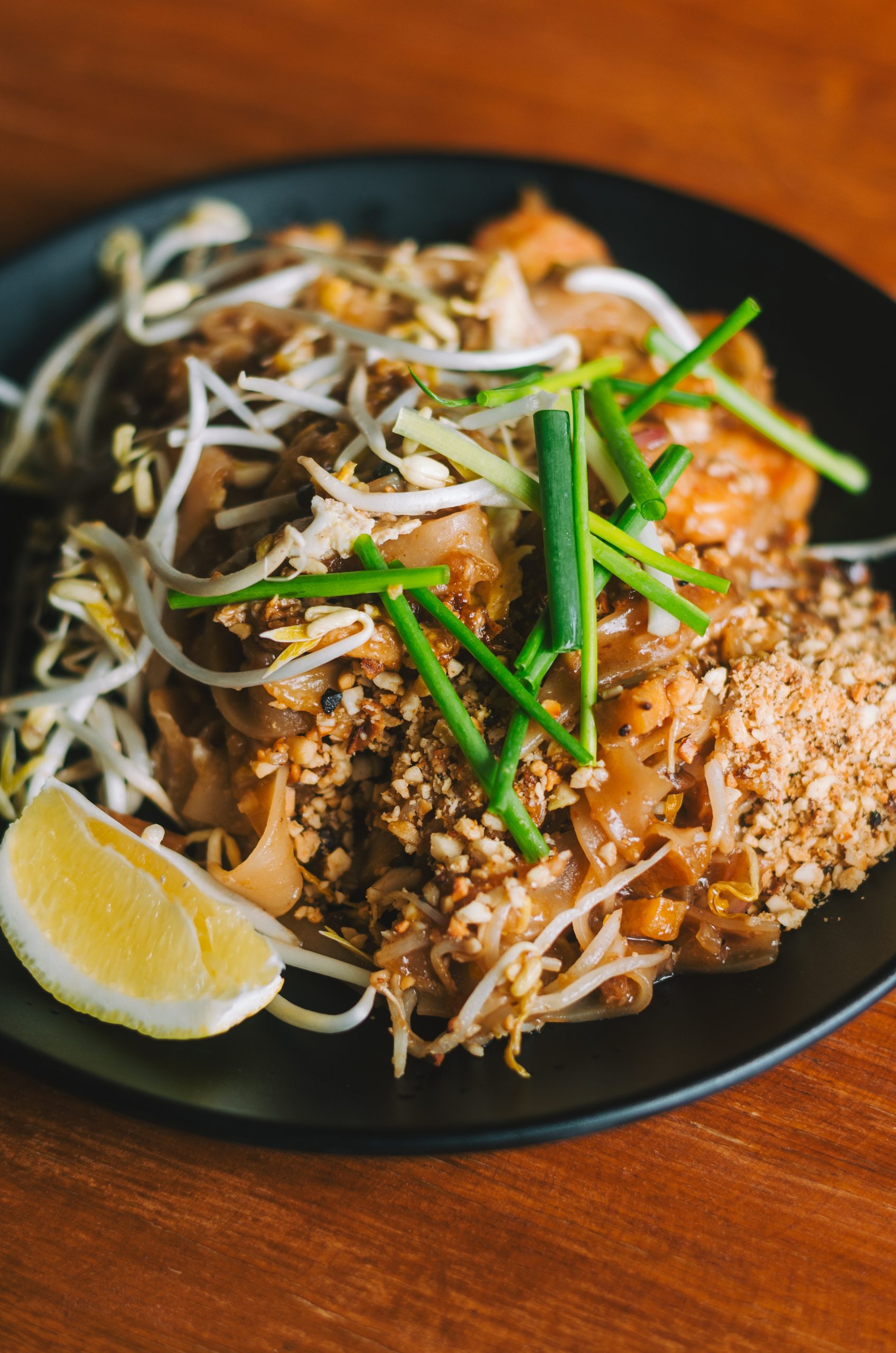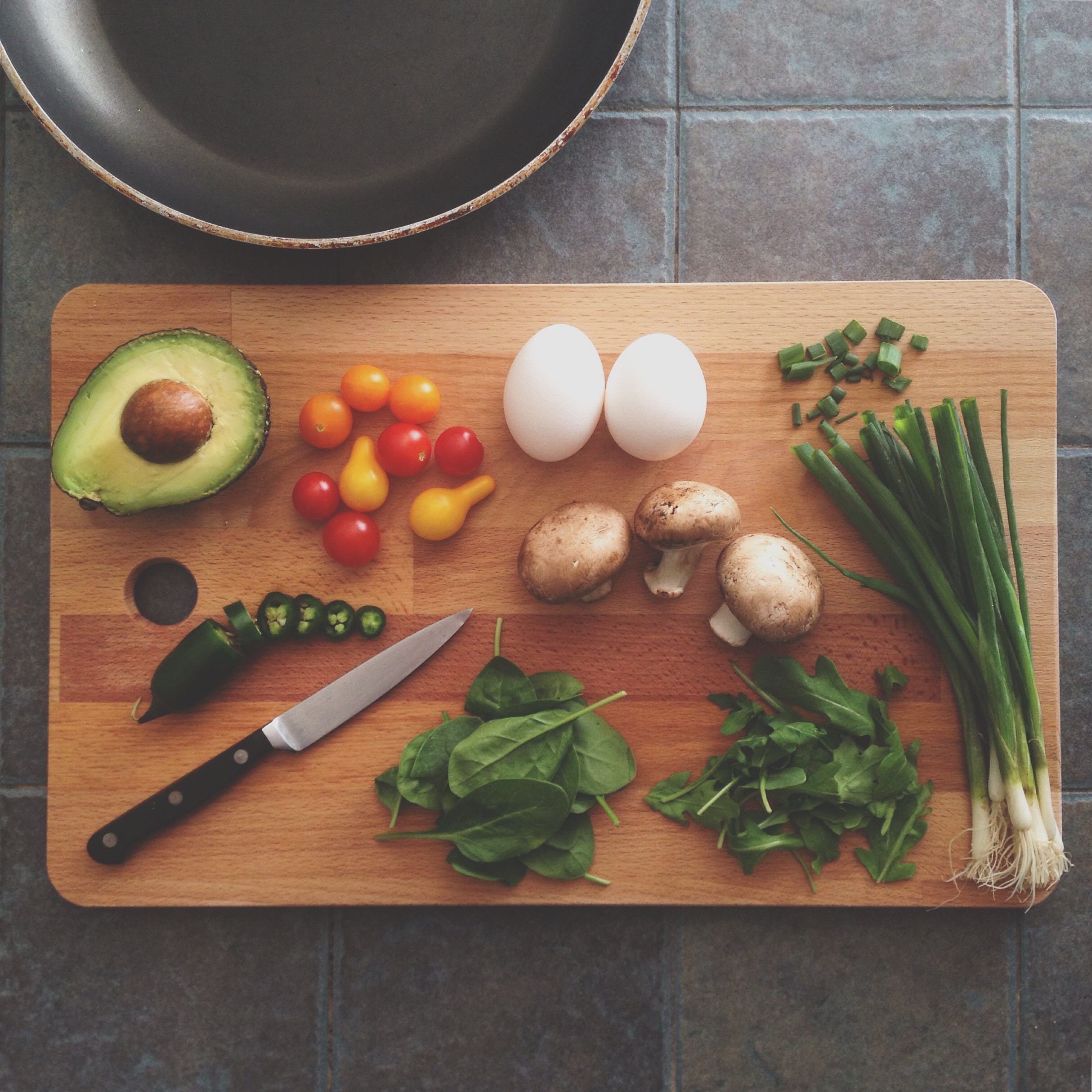Explore the Flavors of Thailand: A Travel Guide for Thai Cooking Classes
Thai cuisine is renowned for its bold flavors, aromatic herbs, and unique combinations of sweet, sour, salty, and spicy tastes. One of the best ways to truly appreciate and bring home the flavors of Thailand is by taking part in a Thai cooking classes during your travel adventure.
In this travel guide, Green Sun Travel will walk you through everything you need to know to plan an unforgettable Thai cooking classes experience in the Land of Smiles.
Pre-Trip Thai Cooking Classes Planning
Embarking on a culinary adventure in Thailand requires thoughtful pre-trip planning to ensure that your Thai cooking class experience is everything you’ve dreamed of. Here’s an in-depth look at the key aspects of this planning phase:
Researching Cooking Schools in Thailand
Popular Regions for Thai Cooking Classes: Thailand boasts a diverse culinary landscape, and Thai cooking schools can be found throughout the country. Popular regions for culinary classes include Bangkok, Chiang Mai, Phuket, and even smaller towns and villages. Each region may offer a unique culinary perspective, so research the offerings in various locations to determine which suits your interests best.
Online Reviews and Recommendations: In the digital age, online resources and reviews are your best friends when it comes to researching cooking schools. Websites like TripAdvisor, Google Reviews, and travel blogs provide valuable insights from past participants. Pay attention to recent reviews and ratings to ensure the school’s quality and consistency.
Choosing the Right Thai Cooking Classes
Class Types: Thai cooking classes come in various formats, such as group classes, private sessions, and immersive experiences like market tours. Consider your preferences and the level of personal attention you desire. Group classes can be lively and social, while private classes offer a more tailored experience.
Skill Levels: Thai cooking schools often cater to a range of skill levels, from beginners to advanced chefs. Be honest about your cooking abilities and choose a class that aligns with your expertise. Some schools even offer specialized classes for kids or couples.
Menu Options: Investigate the menus offered by different schools. Thai cuisine is incredibly diverse, so look for a school that offers the dishes you’re most excited to learn. Some schools may focus on specific regional cuisines within Thailand, so consider what type of Thai food interests you the most, whether it’s street food, royal Thai cuisine, or regional specialties.
Booking and Logistics
Advance Booking: Once you’ve identified a cooking school that suits your preferences, it’s crucial to book your class well in advance. Cooking classes can fill up quickly, especially during the tourist season. Booking ahead ensures you secure your spot and align your schedule with the class.
Class Availability and Schedules: Check the availability and schedules of the cooking classes. Some schools offer classes daily, while others may have specific days or times. Make sure the class you want fits into your travel itinerary.
Pricing and Payment Options: Be clear about the pricing structure and payment options. Understand what is included in the fee, such as ingredients, recipes, and any additional perks. Also, inquire about payment methods, including whether they accept credit cards or require cash.
Special Dietary Requirements: If you have any dietary restrictions or allergies, it’s crucial to inform the cooking school in advance. This allows them to accommodate your needs and ensure you have a safe and enjoyable experience. Thai cuisine can be adapted to various dietary preferences, so don’t hesitate to communicate your requirements.
Attending Thai Cooking Classes

Participating in a Thai cooking class is the heart of your culinary journey. Here’s an in-depth look at the various components of attending a Thai cooking class:
Meeting the Instructor and Staff
Upon your arrival at the cooking school, take the time to introduce yourself to the instructor and the friendly staff. These individuals are not only your guides to Thai culinary secrets but also your mentors and sources of knowledge. Building a rapport with them can enhance your learning experience. Feel free to ask questions, seek clarification, and express your culinary interests and goals.
Touring Local Markets
If your chosen class includes a market tour, consider it a valuable prelude to your cooking adventure. Local markets are a treasure trove of essential Thai ingredients, from fresh herbs and spices to exotic fruits and vegetables. Your instructor will likely walk you through the market, explaining the significance of each ingredient and providing tips on selecting the freshest produce. This hands-on experience will deepen your understanding of Thai cuisine’s foundation.
Hands-On Cooking Experience
The core of your Thai cooking class is, of course, the hands-on cooking experience. Roll up your sleeves and get ready to immerse yourself in the world of Thai cuisine. Under the guidance of your instructor, you’ll learn traditional cooking techniques, which may include skills such as stir-frying, chopping, and balancing flavors. As you prepare a variety of dishes, you’ll gain practical knowledge that you can carry with you and replicate in your own kitchen.
Your instructor will share insights and secrets that make Thai dishes special. Whether it’s the precise balance of sweet and savory in a Pad Thai sauce or the art of creating the perfect green curry paste, you’ll gain a deeper appreciation for the intricacies of Thai cooking.
Tasting and Enjoying Your Creations
The moment of truth arrives when you sit down to taste the dishes you’ve prepared. It’s a culinary delight like no other, as you savor the fruits of your labor. Enjoying the flavors and textures of authentic Thai cuisine, which you’ve crafted with your own hands, is a truly rewarding experience. Take this opportunity to discuss the dishes with your fellow classmates and share your thoughts on the taste and presentation.
Certificates and Recipe Books
Some cooking schools provide certificates of completion or recipe books as a memento of your cooking class. These certificates can serve as a proud reminder of your culinary achievement, and the recipe books will allow you to recreate Thai dishes in your own kitchen once you return home. The recipes are often tailored to your skill level, making it easy to continue your Thai culinary journey.
Exploring Thai Cuisine

Trying Local Street Food and Restaurants
While your cooking class provides an immersive experience, don’t miss the chance to explore Thai cuisine beyond the classroom. Venture out to local street food stalls and authentic Thai restaurants to taste dishes you may not have had the opportunity to cook. The diversity of flavors and regional specialties will astound your taste buds.
Visiting Food Markets and Vendors
In addition to your market tour during the cooking class, take time to explore food markets and street vendors on your own. Sample exotic fruits, snacks, and beverages, and observe the daily life of locals as they shop for ingredients and enjoy street food. It’s an excellent way to gain a deeper appreciation for the everyday culinary culture of Thailand.
Participating in Food-Related Activities
To further immerse yourself in Thai culinary culture, consider participating in additional food-related activities. This might include fruit carving classes, where you can learn the art of creating intricate fruit designs, or making traditional Thai desserts like mango sticky rice. These experiences offer insights into the artistry and creativity that are central to Thai cuisine.
Sightseeing and Cultural Excursions
Don’t limit your experiences to the kitchen. Take time to explore the historical sites, temples, and cultural attractions that Thailand has to offer. Learn about the country’s history, traditions, and religious practices through guided tours and visits to iconic landmarks.
Interacting with Locals
Engage with the local community to gain insight into their way of life, traditions, and daily routines. Strike up conversations with shopkeepers, artisans, and residents to learn about their perspectives, stories, and the vibrant tapestry of Thai culture.
Thai Etiquette and Customs
Respect for Thai customs and etiquette is paramount. Familiarize yourself with common practices, such as removing your shoes before entering someone’s home or temple, showing deference to elders, and avoiding public displays of affection. A little cultural awareness goes a long way in fostering positive interactions with locals and demonstrating your appreciation for their way of life.
Conclusion
Embarking on Thai cooking classes while traveling in Thailand is not just about learning how to cook; it’s about immersing yourself in the culture and flavors of this beautiful country. Your culinary journey will leave you with cherished memories, new skills, and a deeper appreciation for the art of Thai cooking. Share your newfound knowledge with others, and bring the magic of Thai cuisine back home with you.







